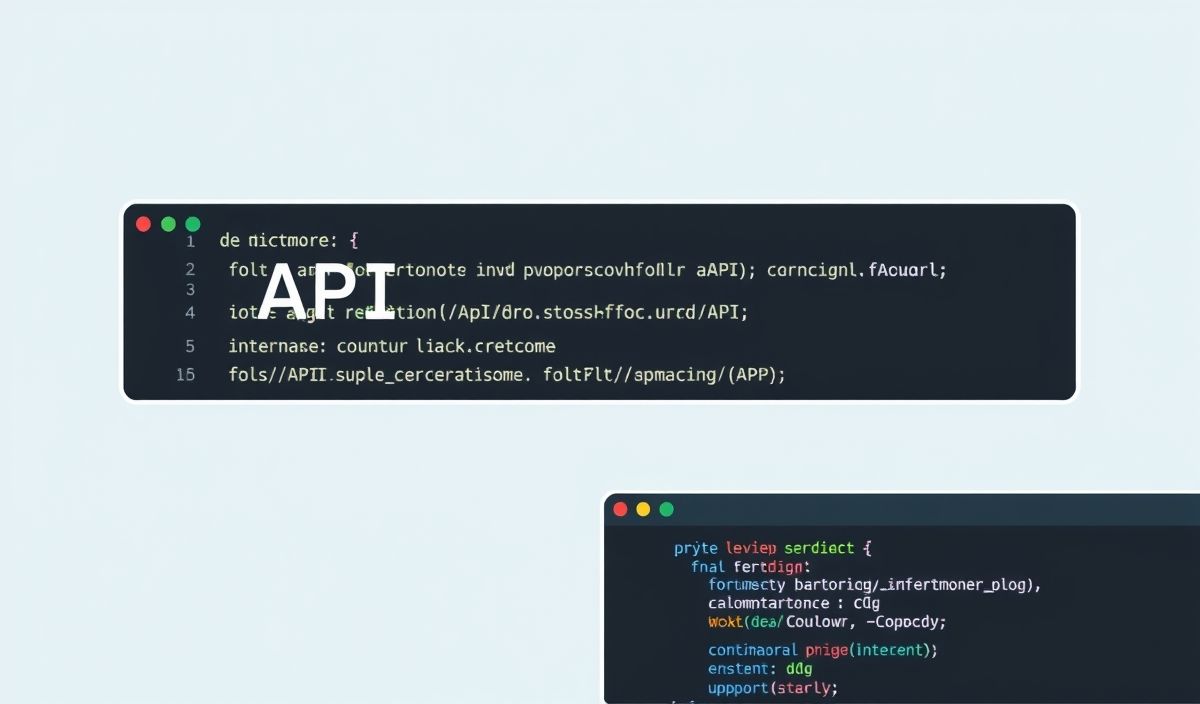Introduction to Apollo Client
Apollo Client is a comprehensive state management library for JavaScript that enables you to manage both local and remote data with GraphQL. It provides a set of features that make it easy to fetch, cache, and modify application data, improving the efficiency of your React applications.
Getting Started
{`npm install @apollo/client graphql`}
Defining GraphQL Queries
Using Apollo Client, you can define your queries succinctly with GraphQL. Here’s an example of a simple query to fetch user data:
{`import { gql, useQuery } from '@apollo/client';
const GET_USER = gql\`
query GetUser($id: ID!) {
user(id: $id) {
id
name
email
}
}
\`;
function User({ userId }) {
const { loading, error, data } = useQuery(GET_USER, {
variables: { id: userId },
});
if (loading) return Loading...
;
if (error) return Error :(\
;
return (
{data.user.name}
{data.user.email}
);
}`}
Using Mutations in Apollo Client
Mutations allow you to modify server-side data. Here’s an example of a mutation that adds a new user:
{`import { gql, useMutation } from '@apollo/client';
const ADD_USER = gql\`
mutation AddUser($name: String!, $email: String!) {
addUser(name: $name, email: $email) {
id
name
}
}
\`;
function AddUserForm() {
let nameInput, emailInput;
const [addUser, { data }] = useMutation(ADD_USER);
return (
);
}`}
Subscription Example
Subscriptions allow you to listen to real-time updates from the server. Here’s an example of a subscription to get notifications:
{`import { gql, useSubscription } from '@apollo/client';
const NOTIFICATIONS_SUBSCRIPTION = gql\`
subscription OnNotificationAdded {
notificationAdded {
id
message
}
}
\`;
function Notifications() {
const { data, loading } = useSubscription(NOTIFICATIONS_SUBSCRIPTION);
if (loading) return Loading...
;
return (
-
{data.notificationAdded.map(notification => (
- {notification.message} ))}
Comprehensive Example
Below is a comprehensive example that integrates the above queries, mutations, and subscriptions.
{`import React from 'react';
import { ApolloProvider, ApolloClient, InMemoryCache, HttpLink, split } from '@apollo/client';
import { WebSocketLink } from '@apollo/client/link/ws';
import { getMainDefinition } from '@apollo/client/utilities';
const httpLink = new HttpLink({
uri: 'http://localhost:4000/graphql',
});
const wsLink = new WebSocketLink({
uri: 'ws://localhost:4000/graphql',
options: {
reconnect: true
}
});
const splitLink = split(
({ query }) => {
const definition = getMainDefinition(query);
return (
definition.kind === 'OperationDefinition' &&
definition.operation === 'subscription'
);
},
wsLink,
httpLink,
);
const client = new ApolloClient({
link: splitLink,
cache: new InMemoryCache()
});
function App() {
return (
Apollo Client Example
);
}
export default App;`}
With Apollo Client, managing your GraphQL data in React applications has never been this straightforward and efficient.
Hash: 4b28cc17a12e931ceb500e40d55a69069684edc0f1b1a43a9ebbd5d972b11660



